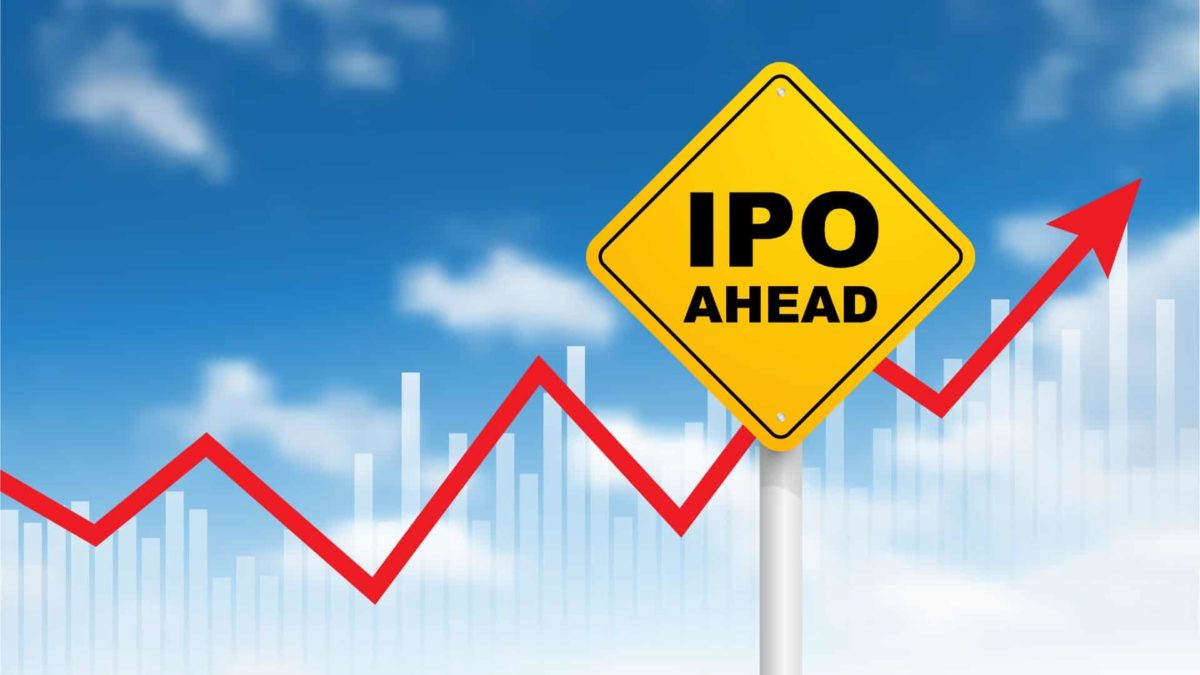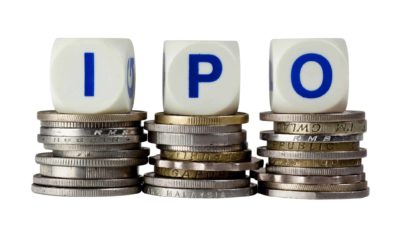An initial price offering, or IPO, can be one of the most exciting events on the ASX. An ASX share debuting on the stock market for the very first time, finally giving investors the chance to own shares of a company that was previously unavailable to the public… what's not to like?
IPOs tend to happen multiple times a year on the ASX, although their frequency usually ebbs and flows alongside the fortunes of the markets themselves.
But are IPOs really a good investment? Should investors participate in them? Or should they wait until the shares hit the markets and establish themselves before it's worth picking some up?
Today let's discuss these concepts.
What is an IPO?
An IPO is the primary way a company that was previously privately owned can launch its shares for public trading on the stock exchange.
This can benefit the company enormously, by unlocking additional capital and a wider investment base. In this way, companies often IPO to raise money for further expansion.
The process is relatively simple. A large chunk of a company's shares that were previously either owned by its management or founders, or by a small group of early investors, are diluted into new shares. Then, they are offered up for public exchange at a set price. When these shares begin trading on the markets, other investors can then buy them.
Often, a company will offer some of these shares to investors before they begin public trading. That way, the investors that have been selected can trade their shares on the first day they hit the ASX boards.
Some companies offer these shares to their own customers. Others just let anyone apply.
But if you get the chance to do this, should you?
Buying pre-IPO shares
I tend to think that participating in an IPO is a bad idea for almost every investor. There are a couple of reasons why.
Firstly, IPOs are usually set up to benefit the founders or previous owners of a company as much as possible. Possibly to the detriment of new investors. The pre-market prices that the shares will be offered to you at will almost certainly be set at an optimistic valuation.
After all, why would an IPO hopeful undersell its potential to new investors? Not to mention deliberately handicap the amount of cash it could raise during the IPO.
I've never seen an IPO take place where the company ludicrously undervalues its own stock. But I've seen many many where the newly listed shares drop in value fairly quickly upon IPO thanks to some overly optimistic accounting.
Avoiding unnecessary volatility
Secondly, IPO trading is notoriously volatile. When a company first begins stock market trading, you have a flurry of investors all trying to value something that hasn't been valued in a public market before. This can lead to wild swings in an IPO share price, which can last for several days before settling down.
If you're a new investor whose already picked up shares, this stock volatility can be very offputting. Say a company that you've bought at IPO for $1 a share drops to 80 cents on its first day of trading. You might be influenced to think you've made a big mistake, and thus tempted to sell out immediately.
All in all, I've seen far more investors get burned from an IPO than do well. Myself included. As such, I think it's far better for anyone wanting to participate in an IPO to instead sit on the sidelines for at least a few days. Watch what happens, and make an investment when the shares are trading at a price that makes sense for you.
It can be fun to participate in an IPO. But it can also be a wealth hazard more often than not.









